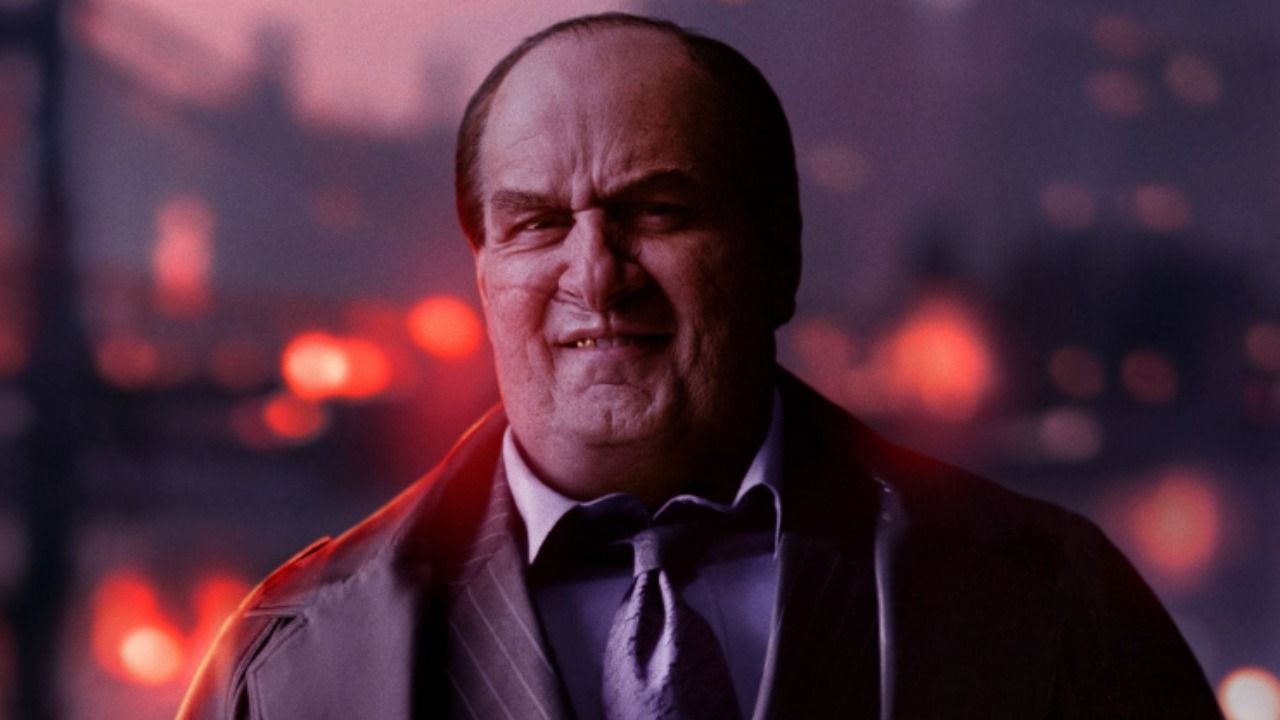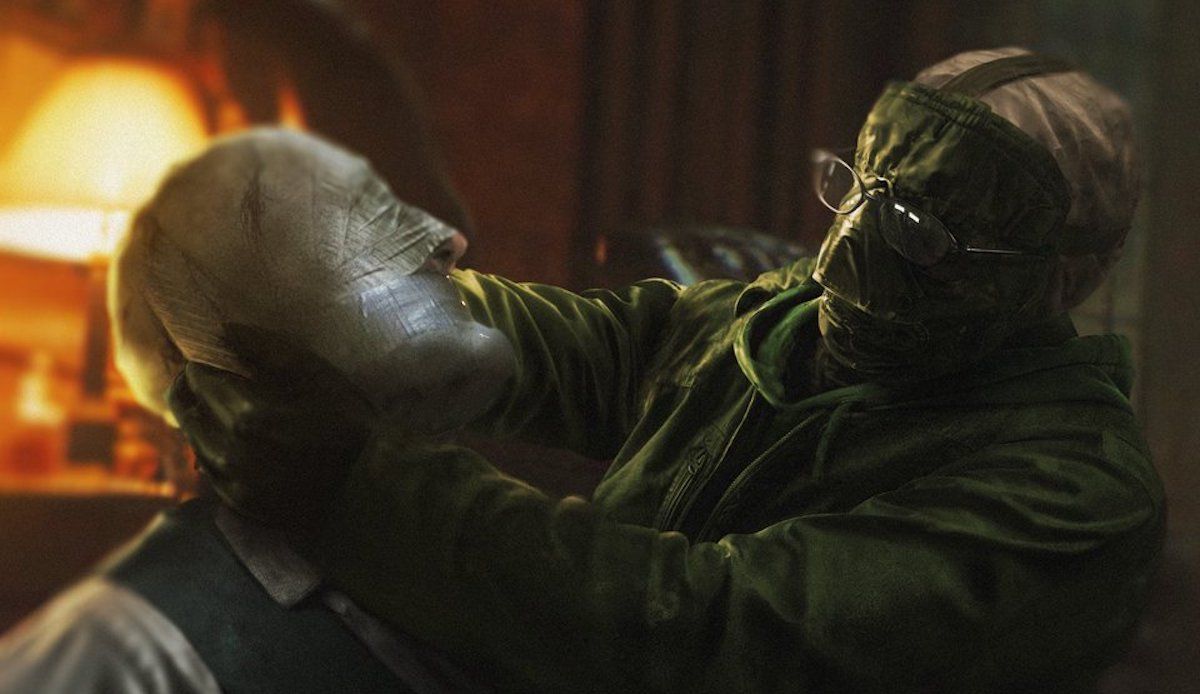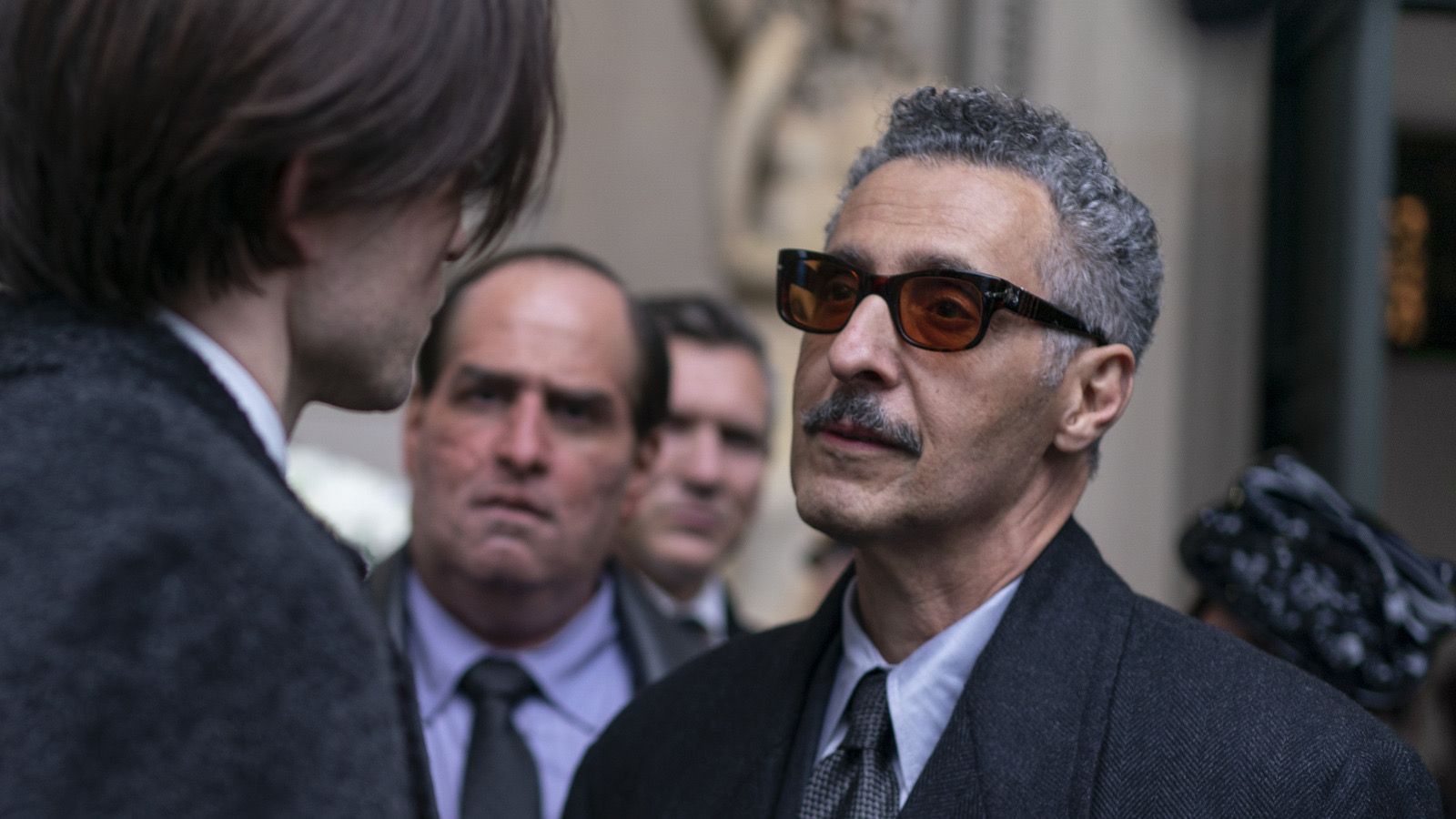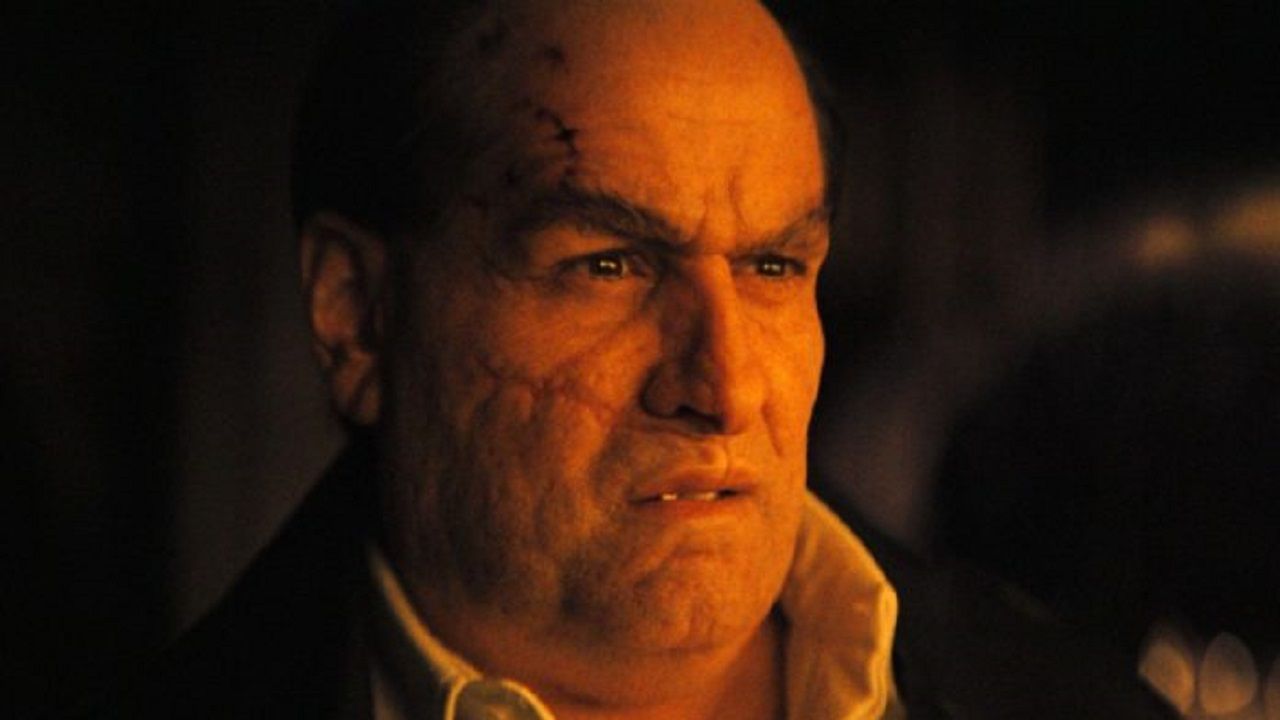Warning: Spoilers for The BatmanThe Batman has long strayed from the campy iterations of the '60s Adam West era and journeyed into its darkest territory yet. Robert Pattinson's version of Bruce Wayne differs from Christian Bale's in that he's no longer a playboy or actively involved in his business. He's a man who goes out every night to take out his anger and guilt on the criminals of Gotham while secretly hoping he doesn't make it home. He's not "The Batman" until the end of the film. He's "vengeance," believing that through fear and violence, he can make a difference in curbing Gotham's criminal elements.
In a way, Matt Reeves' Batman is a reflection of our time and the growing cynicism surrounding the nation's wealthy and politicians with a growing faith in fringe elements that challenge them. The most problematic part of Reeves' film is the ending, but it also raises questions for society at large. The Batman becomes a shining light, leading the people from the darkness. He goes from being vengeance to representing hope. His symbol is what stands between Gotham being drowned both literally and metaphorically, but in this world, there is no Batman to carry the torch. Reeves' Batman is warning society of the flood that is to come if cynicism and anarchy come to take hold.
The Fringe is Enough
Paul Dano's Riddler is one of the more terrifying and realistic Batman villains of late. The Riddler is an orphan neglected by the Wayne Foundation, growing up in horrible conditions that shaped his hate towards those in power. This leads to the Riddler becoming a serial killer with the goal of eliminating Gotham's wealthy and politicians. What is noteworthy is that as horrifying as his actions are, they garner him a following, with much of the public seeming to be on his side. At the funeral service for Don Mitchell Jr. (Rupert Penry-Jones), Bruce Wayne takes note of that support, observing signs supporting the Riddler and even talking with a citizen who believes these elites have what is coming to them. Behind Wayne's cold and almost dead eyes, one can even see he is questioning whether the Riddler is right in theory.
At the film's end, the Riddler enlists the help of his online following to help him carry out his master plan, placing bombs along the Gotham seawall in the hopes of drowning the city and restoring a sense of equality in destruction. While his forces don't represent a majority of the city, they're enough to execute the plan, although not able to completely cut the head from the political machine by attacking Gotham Square Garden and taking out the mayor-elect. Had it not been for Batman and Zoe Kravitz's Catwoman, this fringe group would have been enough to completely disrupt the political order. It's a worrisome message showing that radical fringes don't need a majority following to disrupt the status quo. If they continue to go unchecked, their aspirations might come closer to reality than one may think.
Politicians Are Not the Ones in Power
One of the more stunning revelations in The Batman is that Carmine Falcone (John Turturro) is not only the rat who helped to take down Salvatore Maroni but that he absorbed his organization and gained power over the Gotham renewal fund. With Falcone in charge of the fund, many of the city's politicians and even the attorney general bow to him in hopes of dipping their hands into the pot. Don Mitchell Jr. might have been the mayor, but if he wanted the money to keep coming in for his campaigns, he'd have to kowtow to Falcone. Carmine was, in turn, the unofficial mayor of Gotham. This reflects startling trends in our society where if anyone wants a chance at higher office, they have to cater to moneyed interests in order to have any hope at securing the reins of power. With such large amounts of money behind these politicians, the question has to be raised if it is, in fact, the money men who are in charge of society.
Criminal/mob elements being behind American politics can be traced back as recently to the Kennedy's with Joseph Kennedy Sr. being involved in bootlegging during prohibition, there are even theories that many of JFK's actions he took against Castro's Cuba were in the hopes of getting the mob their casinos back on the island. Reeves shows the audience that if the influence money holds over politics continues to expand unchecked, it will be criminal and corporate interests that drive the future of the country rather than the genuine will of the people. The Batman builds a world where representation is an illusion, a fear many have is occurring within the current state of the political apparatus.
Cynicism Breeds Destruction
Near the film's end, Batman comes face-to-face with the Riddler in Arkham Asylum. The Riddler reveals that it was Batman who inspired him to step out of the shadows, dawning a mask to use force to make a change in society. This is a shocking revelation for Bruce Wayne because the good he thought he was doing was only empowering the darker elements of society to act on their violent ambitions. Wayne realizes by the time the credits roll that if he's going to change Gotham for the better, he won't be able to do it through cynicism wrapped in brute vengeance. He'll have to do it through hope in the belief that he can inspire the people of Gotham to overcome their darker elements and desires.
With growing threats of war, climate change, and political divisiveness driving rifts through American society, The Batman is a cautionary tale on how cynicism will only hasten the destruction of a society and empower those fringe elements that seek to turn it on its head. At the end of The Batman, the future is anarchy, a mad dash to establish a new status quo. The Penguin (Colin Farrell) looks onto the flooded city with opportunity in his eyes. There's no telling what new power may rise through the ashes of Gotham, but it can be argued it might be even worse than what came before.




